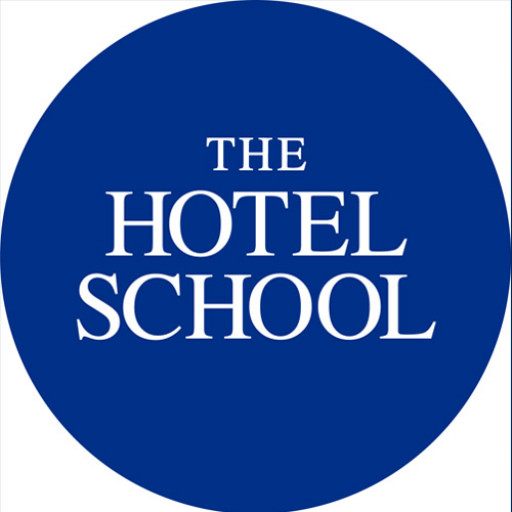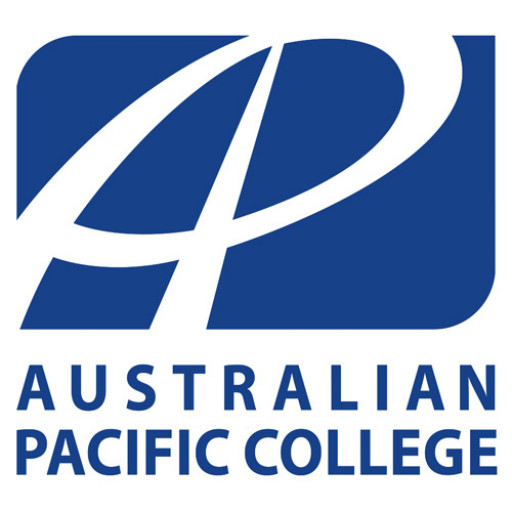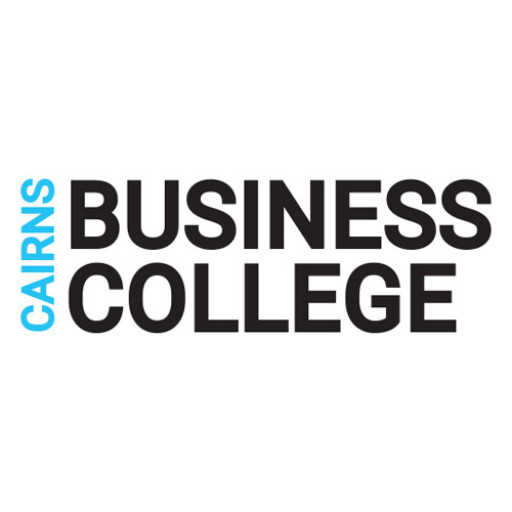This qualification reflects the role of those using a selection of well-developed tourism service, operational or sales skills and sound knowledge of industry operations to organize tourism providers. Working with discretion and judgement, they use some independence and under limited supervision using policies, plans and procedures to guide work activities.This qualification provides a pathway to work in several tourism industry sectors and also for a diversity of employers including tour operators, inbound tour operators, visitor information centresand attractions, cultural and heritage sites, and any little tourism business.This qualification allows for multi-skilling and also for specialisation in office-based roles between the preparation and coordination of tourism services, or even roles in the field where products are delivered.Possible occupation titles include:adventure tourism guide attendant or mature ride operator in an attraction or motif parkbooking agentcellar do or Advisors and also guide within a winerycustomer agency agentguide and salesperson in an Native ethnic centreinbound tour coordinatormarine tourism guide or dive tour operatormuseum attendantoperations adviser to get a tour operatorreservations earnings agentsales consultantvisitor information officer.No occupational licensing, and certification or special legislative requirements connect with the qualification at the time of publication.
The Diploma of Tourism at TAFE NSW is a comprehensive program designed to equip students with the essential knowledge and practical skills needed to succeed in the dynamic tourism industry. Throughout this course, students will explore a diverse range of topics including tourism operations, customer service excellence, sustainable tourism practices, and the fundamentals of tourism marketing and management. The program emphasizes real-world experience through industry placements and project-based learning, enabling students to develop hands-on skills that are highly valued by employers.
Students will learn about various sectors within the tourism industry such as travel agencies, tour operators, accommodation providers, and entertainment venues. The curriculum covers key areas like destination management, cultural awareness, and the use of technology in tourism. Emphasis is placed on understanding customer needs and creating memorable travel experiences, while also promoting ethical and environmentally responsible tourism practices.
The program aims to develop strong communication, problem-solving, and organisational skills, preparing graduates for diverse roles across the tourism sector. Graduates of the Diploma of Tourism may pursue careers in travel consultancy, event management, tour guiding, or tourism development. The qualification also provides a solid foundation for further study in related fields such as hospitality, event management, or business administration.
TAFE NSW’s industry-focused approach ensures that students are well-prepared to meet the demands of a competitive job market. The program is delivered by experienced industry professionals and combines theoretical learning with practical training to maximize employment outcomes. Upon successful completion, students will be awarded a nationally recognized qualification that opens doors to a wide range of exciting opportunities in the tourism and travel industry. Whether you aspire to work behind the scenes or interact directly with travelers, the Diploma of Tourism offers a valuable pathway to a rewarding career.
Program requirements for the Diploma of Tourism at TAFE NSW include completing a total of 16 units, comprising 10 core units and 6 elective units. The core units focus on foundational skills necessary for a career in the tourism industry, such as customer service, tourism operations, and communication skills. Students are expected to demonstrate proficiency in understanding tourism principles, providing excellent client service, and ensuring safety and compliance standards are met. The elective units allow students to specialise in areas such as event management, sustainable tourism, or travel consultancy, depending on individual career aspirations. To be eligible for the program, applicants typically need to have achieved a minimum of Year 10 or equivalent, with some units requiring basic literacy and numeracy skills. Practical placement or industry projects are integral parts of the curriculum, providing real-world experience and networking opportunities within the tourism sector. The program encourages participation in field trips, industry visits, and guest lectures to enhance learning and industry awareness. Assessment methods include written assignments, presentations, practical demonstrations, and industry-based projects. Successful completion of all required units leads to a nationally recognised qualification, equipping graduates with the necessary skills to pursue employment as a tourism officer, tour guide, event coordinator, or related roles within the tourism industry. Enrolment also requires students to meet language proficiency standards if English is not their first language. Overall, the program aims to prepare students with both theoretical knowledge and practical skills suitable for a dynamic and growing tourism sector.
The financing options for the Tourism programs at TAFE NSW are designed to make education accessible and affordable for a wide range of students. Students enrolled in these programs may be eligible for various government-subsidised funding options, including New South Wales Fee-Help, which provides financial assistance to eligible students to cover tuition fees. Additionally, Australians and New Zealand residents may access VET Student Loans for certain diploma and advanced diploma levels of study, reducing the immediate financial burden on students. TAFE NSW also offers payment plans and flexible tuition arrangements to accommodate students' financial circumstances, allowing installment payments over the duration of the course.
International students are generally required to pay fees upfront and are subject to international tuition fees established annually by TAFE NSW. Scholarships, grants, and bursaries may also be available to students demonstrating academic achievement, financial hardship, or special circumstances. For individuals seeking apprenticeships or traineeships related to tourism, funding is often provided jointly by government agencies and industry partners, which can offset tuition costs or provide wages during training periods.
Work placement components included in the programs may also be supported through industry partnerships, potentially providing stipends or financial incentives for students. Education costs encompass tuition fees, materials, textbooks, and examination fees, with precise costs varying depending on the specific course and student status. Students are encouraged to consult the TAFE NSW website or contact their administration to obtain detailed, up-to-date information on the available financing options, eligibility criteria, and application procedures. Overall, TAFE NSW aims to facilitate access to quality tourism education through diverse financial support pathways, ensuring that students can achieve their career goals without undue financial hardship.
The Diploma of Tourism (TAE50122) offered by TAFE NSW is a comprehensive program designed to equip students with advanced skills and knowledge required for the dynamic tourism industry. This qualification provides a robust foundation in various aspects of tourism operations, management, marketing, and customer service, preparing graduates to undertake supervisory or managerial roles within the sector. The program covers key areas such as tourism principles, destination management, sustainable tourism practices, and digital marketing strategies, ensuring students are well-versed in current industry standards and practices.
Students will engage in practical learning through internships, industry projects, and case studies, enabling them to apply theoretical knowledge to real-world scenarios. The curriculum is tailored to meet the evolving needs of tourism businesses, incorporating current trends such as eco-tourism, cultural tourism, and the integration of technology in service delivery. The program also emphasizes the development of soft skills including communication, teamwork, problem-solving, and leadership, which are essential for career advancement in the tourism industry. Upon successful completion, graduates can pursue various roles such as tourism liaison officers, event coordinators, tourism product development officers, and tourism marketing specialists. The program is designed to be flexible, with options for classroom-based or online delivery, making it accessible to a diverse range of students. TAFE NSW maintains strong relationships with industry partners to ensure the curriculum remains relevant and provides opportunities for work placements and industry networking. Overall, the Diploma of Tourism from TAFE NSW aims to produce competent, industry-ready professionals capable of contributing to the growth and sustainability of the tourism sector locally, nationally, and internationally.








